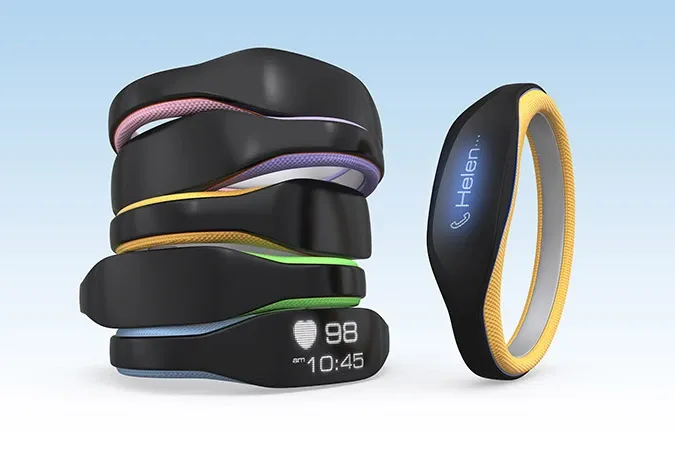Subscription Economy to Be Worth Almost $1 Trillion by 2028
A new study by Juniper Research found that by 2028, subscription economy revenue will reach $996 billion, up from $593 billion in 2024; a substantial rise of 68%.

Shipments of wearable devices in Europe grew 30% year over year to 28.3 million units in 2018, according to IDC. From a quarterly perspective, in 4Q18 the market grew 43.3% from 4Q17 and 71% from 3Q18, reaching a total of 11.7 million units. In 2018, Watches accounted for 52.1% of shipments in the region, followed by wrist bands (25.9%) and earwear (21.2%).
"In 2018, the wearables market was impacted by three main events: new challengers, product strategy shifts and stronger portfolios," said Francisco Almeida, senior research analyst for wearable devices at IDC. "Xiaomi and Huawei have doubled down their presence in the European space, Fitbit and Garmin continue to shift their portfolio from basic wearables to higher levels of functionality in the smart wearable category, and the value propositions from the players in the market are better overall.
"Many brands recorded a successful year 2018 in Central and Eastern Europe," said Jiří Teršel, senior research analyst, IDC CEE Systems & Infrastructure Solutions. "On top of that, Xiaomi stood out remarkably well in terms of units shipped with its sub $30 price tag basic wristbands. This extremely competitive price tag has allowed many price-sensitive consumers to safely test and learn the proposition of wristbands.
Smart wearables accounted for 41.2% of all shipments in 2018, but that figure varies if we split the region between Western Europe and Central and Eastern Europe. In Western Europe, smart wearables took 45.6% of the overall market, while in CEE that number was around 22%. In 2018, the European smart wearables market was led by Apple (46.9%), followed by Samsung (19.2%), Garmin (12.6%), Fitbit (10.7%), and the Fossil Group (8.2%).
Basic wearables took the remaining 58.8% of the market (54.4% in Western Europe and 78.3% in Central and Eastern Europe). In 2018, Apple's Airpods combined with the Beats brand had the lion's share of the basic category. Despite the change in strategy towards smart wearables, Fitbit and Garmin still achieved number 2 and 4, respectively. Xiaomi and Huawei, in 3rd and 5th, respectively, both grew over 550% on a year-over-year basis and helped offset the fall in basic wearables seen in recent quarters.
The European wearable device market is expected to reach 53.1 million units shipped in 2023, totalling a market value of $12.4 billion. In 2023, smart wearables will account for 51.7% of the market, driven by smartwatches. Basic wearables will grow mainly on account of earwear, along with a steady performance of the watch form factor.